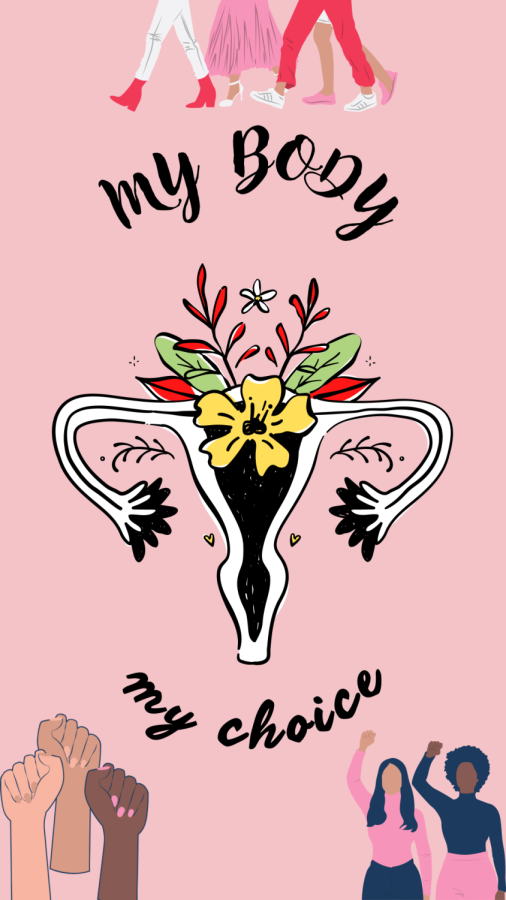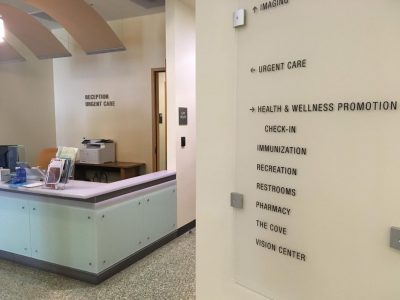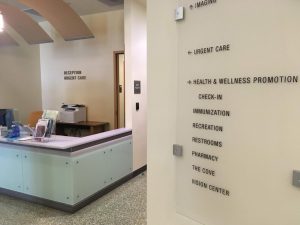Opinion: Abortion restrictions won’t stop demand for women’s bodily rights
God bless me — a Catholic who supports abortion rights
A study by the Guttmacher Institute says that 68% of unintended pregnancies end in abortion, reflecting the strength of millions of women in their desire to avoid unplanned childbearing. . If the Supreme Court rules to overturn Roe v. Wade, it would disproportionately hurt low-income women (Illustration created through Canva by Anh Nguyen)
May 19, 2022
The thought of being able to completely ban or restrict people from getting an abortion is naive.
Ultimately, the Supreme Court can try to put more restrictions on the procedure, or rather allow states with anti-abortion legislature to restrict abortion access, but they cannot control the demand of the people. Even if women have to overcome social stigmas and legal risks, their demand for abortions is still high.
POLITICO leaked a recent draft opinion which shows that the Supreme Court may overturn Roe v. Wade, the 1973 decision that established a constitutional right to abortion.
I felt so frustrated after reading the leaked draft. Justice Samuel Alito Jr., who wrote the draft opinion, has understated the importance of abortion rights in today society as well as overlooked women’s needs.
-----------------------------------------------------------------------------------------------------------------
Some reasons behind people’s demand for abortion include birth control failure, the inability to support or care for a child or to prevent the birth of a child with birth defects or severe medical problems, according to a study by Guttmacher Institute.

In some situations, physical or mental conditions could endanger the woman's health if the pregnancy is continued, not to mention, there is the possibility of pregnancy resulting from rape or incest, according to a research from the American College of Obstetricians and Gynecologists.
If people are forced to carry their unintended pregnancy to term, it could result in even more children being abandoned or being left in foster homes and adoption centers.
I grew up in a large and traditional Catholic family. I was not always a pro-life Catholic.
When I say I grew up in a “large and traditional Catholic family,” I mean my family went to church every Sunday and my siblings and I had to attend lectures in a Catholic education center until we were in middle school. Some members of my family are even priests and nuns.
My Catholic faith and our family traditions told me that abortion is morally wrong because it involves taking an innocent human life. Don't get me wrong, I am pro-choice but not pro-abortion.
My belief is that as bystanders, we should give people advice and try to encourage them to reconsider and carefully examine their abortion decision.
-----------------------------------------------------------------------------------------------------------------
As a society, we should focus on raising contraceptive awareness, increase sex education so that people can have safe sex, provide parental counseling and more social resources for mothers.

Since every person’s circumstances is different, we should not judge people based on their choices. The decision to carry out a pregnancy or not is something that women should be able to decide themselves.
Restrictions on abortion might also lead to rising costs of the procedures, which would limit access to medically safe abortion methods.
According to another study by Guttmacher Institute, abortion has become increasingly concentrated among low-income women.
An abortion can cost up to $750 depending on the state or health center. Depending on current residency and insurance plans, some government health insurance plans cover abortion procedures while others don’t, and some only cover it in certain cases, according to Planned Parenthood.
Among the most affordable and least intrusive ways to end an unwanted pregnancy, medicinal abortion, has become one of the most common ways to have an abortion. Still, many states like Georgia and Kentucky are attempting to outlaw the distribution of these pills within their borders.
Struggling to come up with the money to pay for necessary travel, childcare or medical expenses, women who are low-income or lack insurance coverage would often experience delays in having an abortion.
In California, the Senate Bill 24, which is known as the College Student Right to Access Act, was signed by Gov. Gavin Newsom on Oct. 11, 2019, which requires all public universities to offer abortion pills starting in January 2023. As a college student, this bill gives me hope and confidence about the future.
By providing on-campus access to abortions, I believe universities could help reduce the cost.
Supporting women’s rights is supporting human rights. End of story.
















































































































































